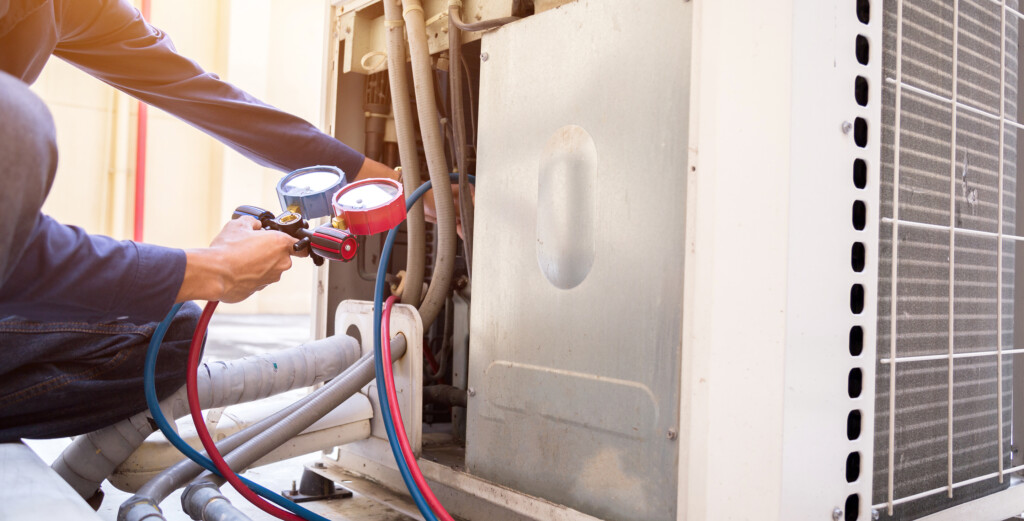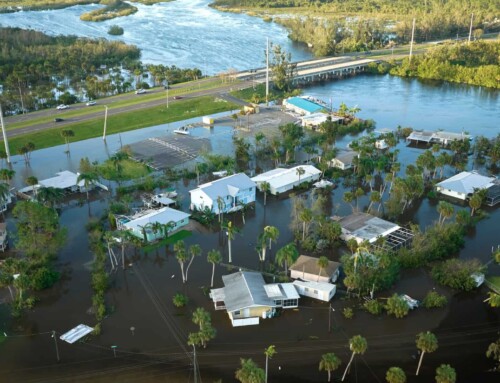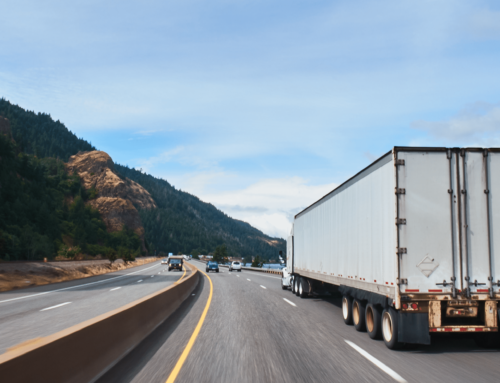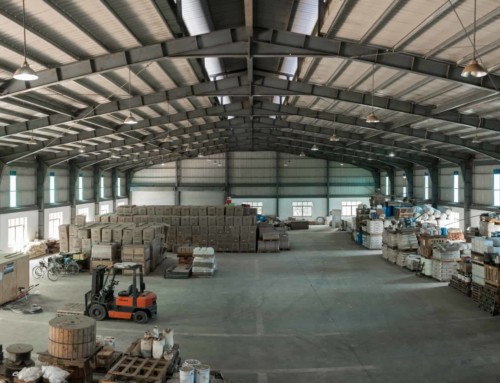The summer has been record-breaking hot and following years of record breaking summers, this is seemingly a signal of future trends. This June was the hottest on record and July 4th was the hottest day ever recorded since average temperatures began to be kept. Although summer is soon coming to a close, heat waves are expected to continue across the country. It’s important not to become complacent, even heading into fall, because heat exposure risks are still a major issue throughout most of the year, especially in the southern states. These are some of the major risks and how to protect yourself and your employees.
Heat Exhaustion
One major concern during a high temperature wave is heat exhaustion or heat stroke. Spending extended hours in the sun can be risky no matter the time of year, but especially so when temperatures are reaching over 100 degrees in some cities. It’s important for everyone to be cognizant of the symptoms of heat stroke and the best solutions if you encounter anyone suffering their effects.

The most common symptoms are headaches, nausea, dizziness, slurred speech and physical weakness. Anyone experiencing any of these needs to get out of the heat if possible, but at least be moved to the shade. Hydration is incredibly important, but in most situations this needs to include some kind of electrolyte replenishing beverage, because water alone can actually exacerbate the problem depending on the severity.
Fatigue or Tiredness
You may notice sometimes when the temperature is high enough that even walking becomes a labor intensive exercise. This is because heat waves can be incredibly mentally and physically draining. This is especially dangerous if you work a job that requires you to operate machinery. Fatigue is an even worse problem around summer because you’re often simply awake longer with the longer days. Tired workers are more likely to suffer workplace accidents and fatigued or sleep deprived truck drivers are three times more likely to crash, according to studies.
It’s harder to enforce rules that help people get more sleep, but it’s important to be vigilant if anyone around you seems tired or distracted while operating machinery or a motor vehicle.
Skin Contact Burns
It might seem unlikely, but burns due to super-heated roads or from skin contact with metal become an issue during hotter weather. On some days, road temperatures can reach higher than 150 degrees fahrenheit. Anyone working outside during the summer should have protective equipment if possible, but these contact burns also become an issue from metal door handles or children’s slides.
Testing surfaces before touching them is a good rule of thumb, but some metal should either simply be avoided, in the case of slides, or covered to prevent liability, like metal door handles and surfaces.
Business Risks
Heat waves can be hugely detrimental and even cause business interruptions in some cases, if measures aren’t taken to prevent unnecessary risk.
One of the largest problems is for any company or entity that employs outside workers. All of the health risks above can be incredibly common if you have to spend all day outside. Providing areas of shade and regular and pre-emptive hydration breaks can help reduce heat exposure health risks. Trucking and transportation are not immune to these risks, and anyone unloading cargo in and out of trucks is at risk of heat exposure, even if they’re not spending extended time in the sun.

Loose dry brush should be cleaned up wherever possible, especially on construction sites or in places with errant sparks. Fires are much more common during heat waves, because they so often coincide with times of extreme drought.
It’s also suggested that the heat is a general drain on the economy, even for entities seemingly at lower risk. Increases in cooling costs for large facilities, as well as lowered demand for business with outdoor locations, are difficult to address, but still not insignificant concerns during extreme weather. Setting up a plan to start dealing with heat related business interruptions can save you from even worse future problems
The heat is likely going to get worse before it gets better, so it’s important to be proactive and take steps to protect yourself and your employees in the coming years.





